Street Names – A Thematic Collection: The French Collection
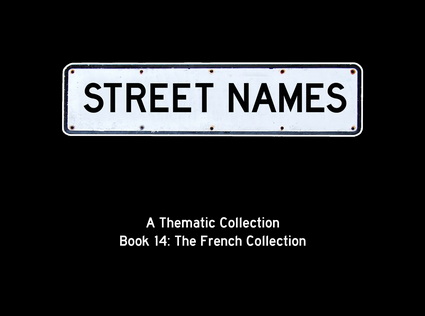



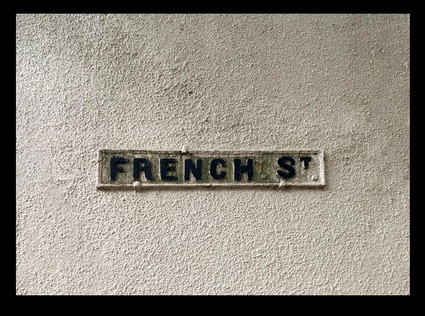
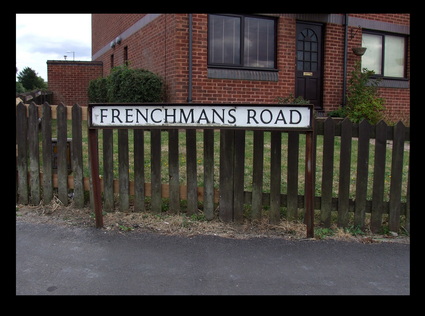
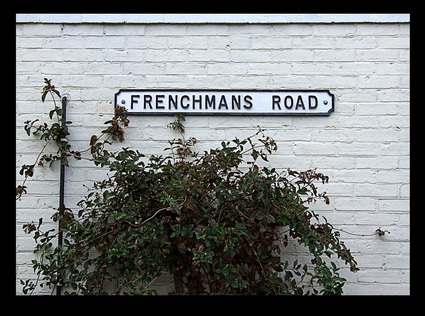
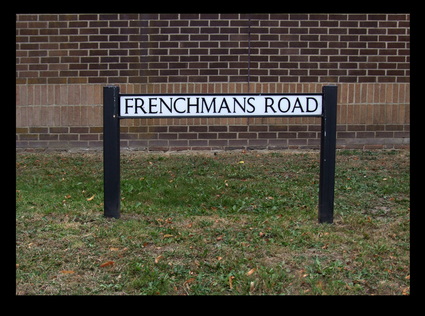
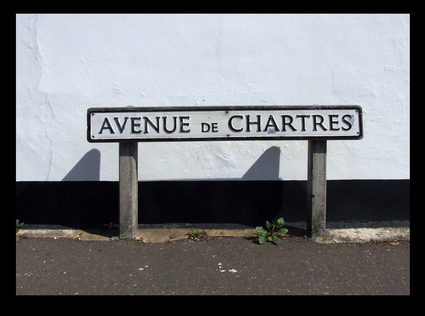
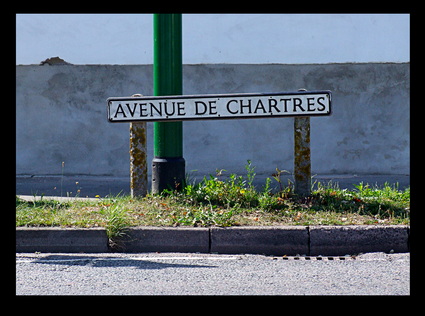
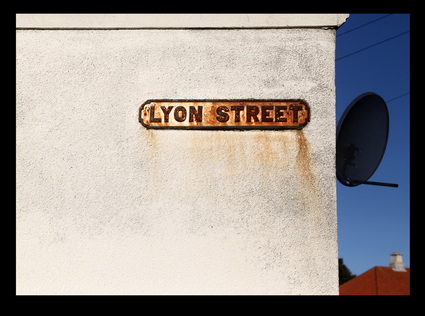
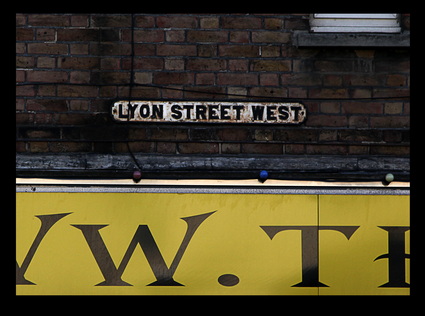
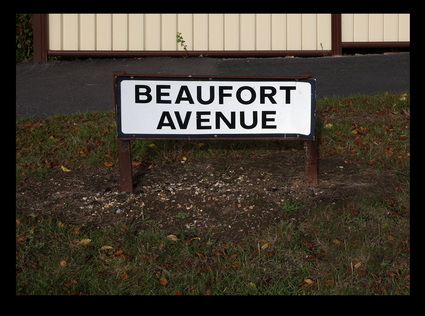
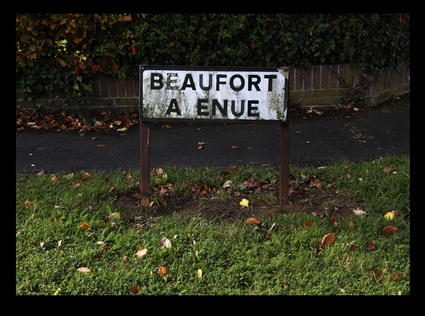
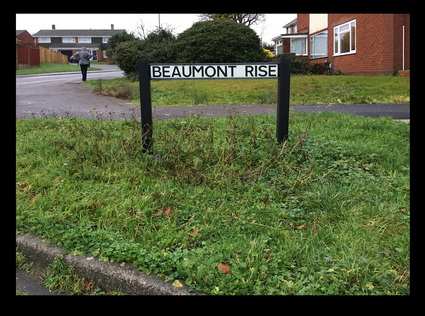
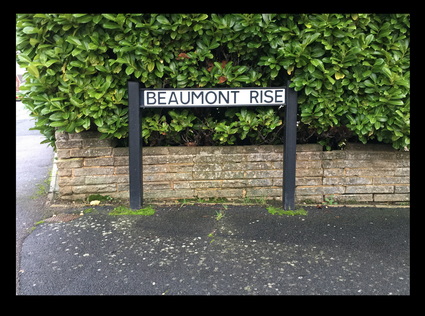
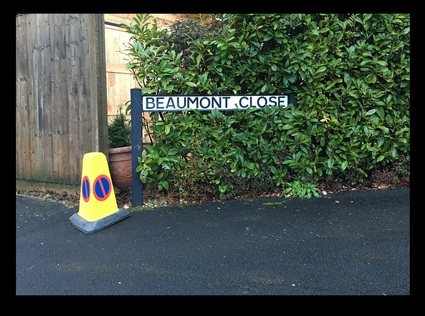
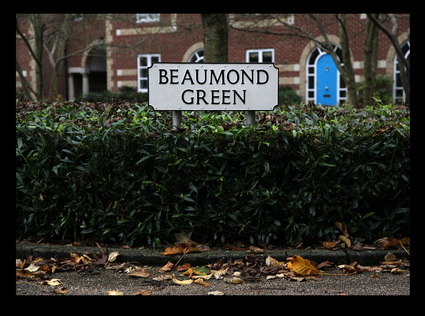
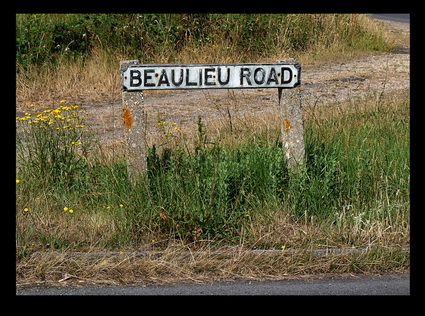
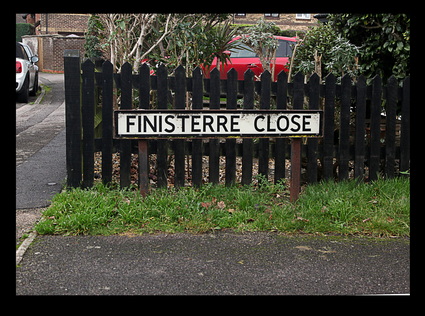
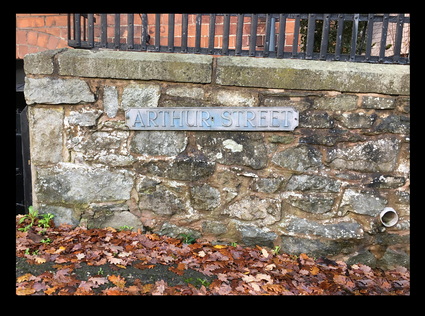

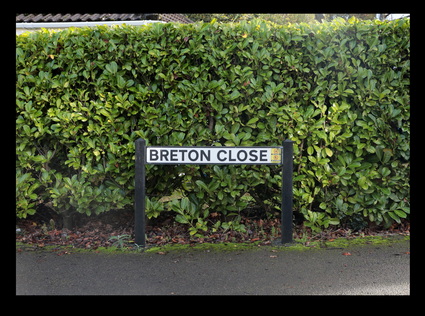
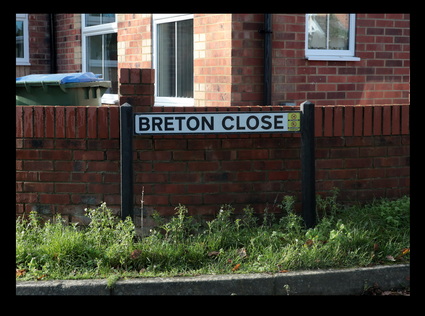
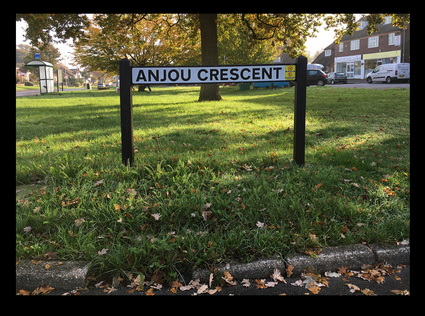
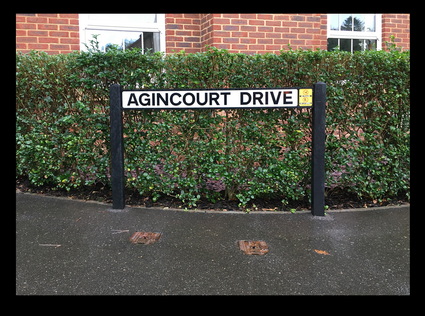
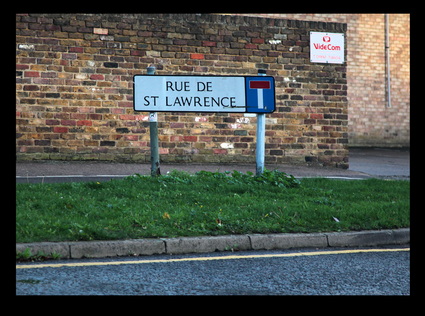
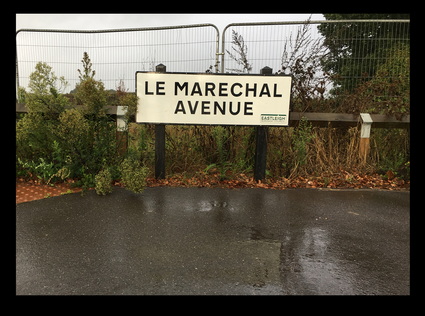
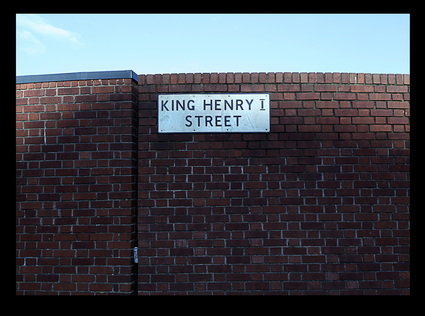
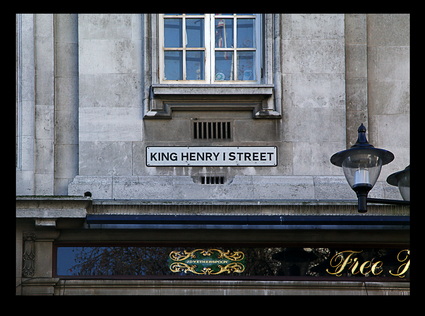
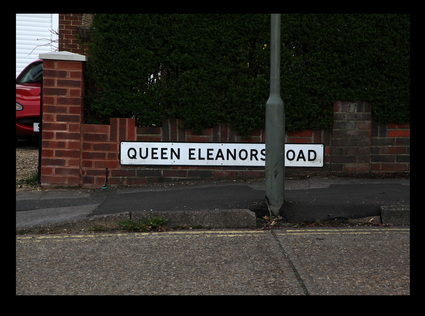
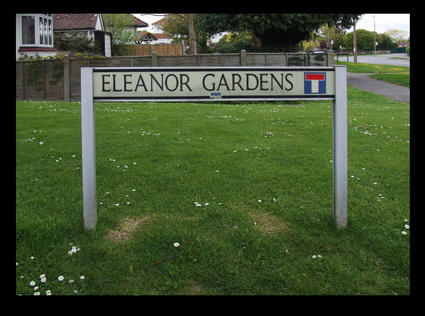
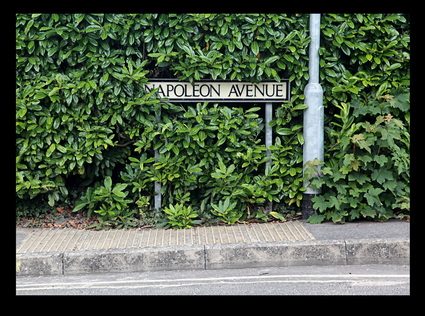
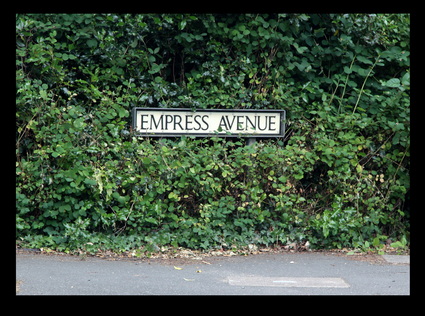
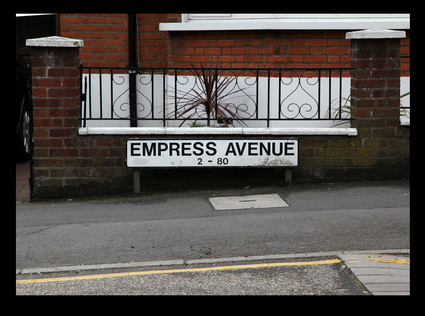
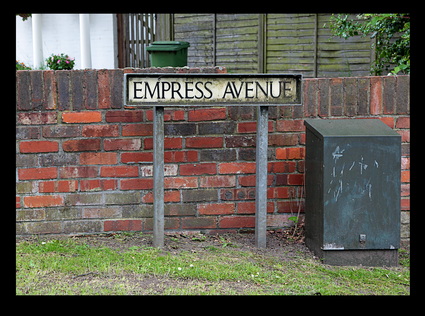
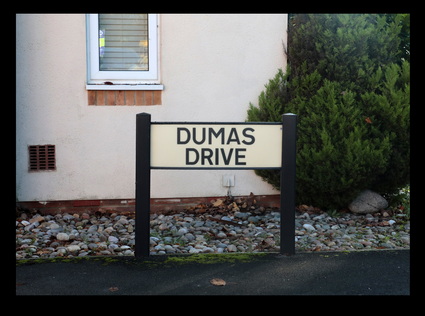
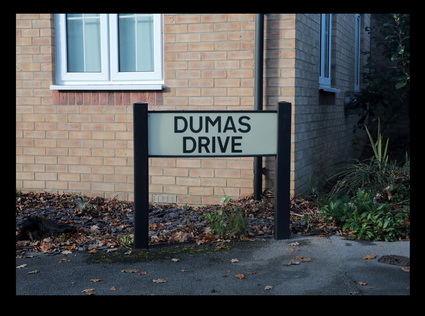
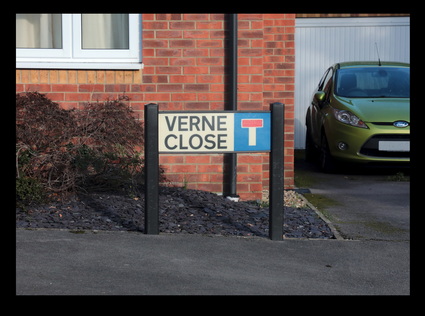

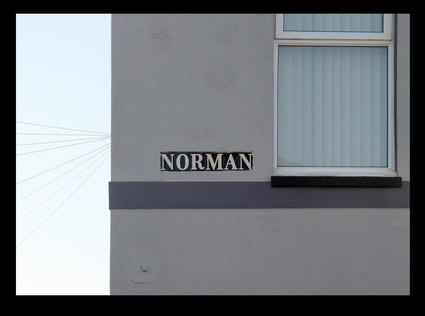
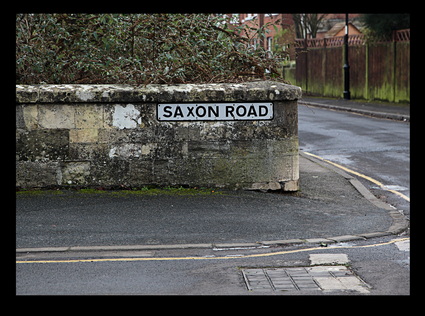
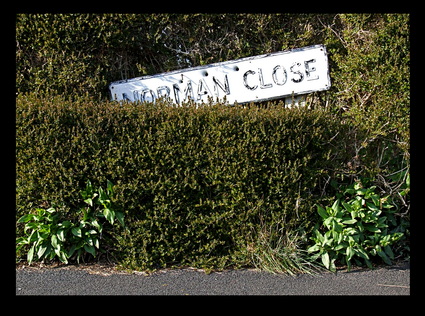
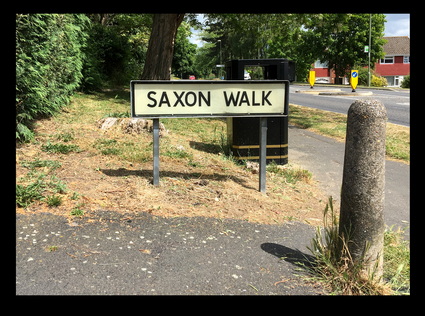
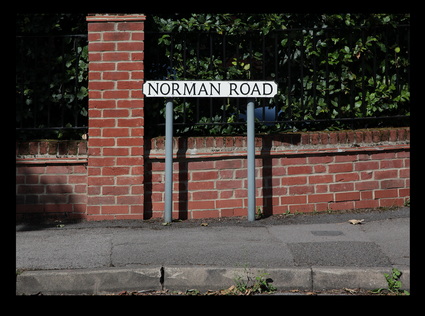
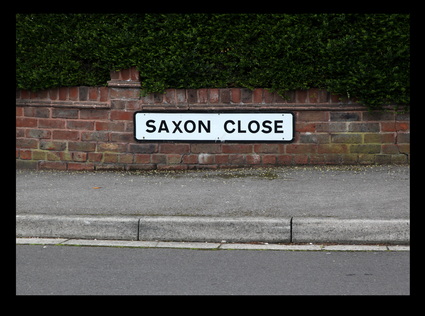
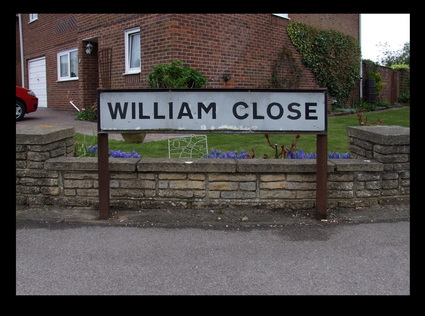
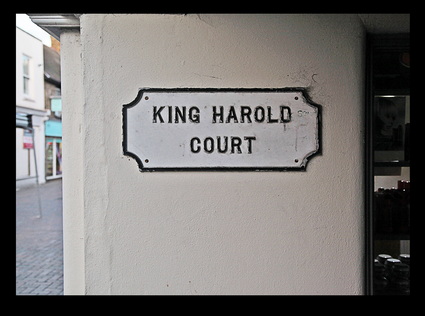
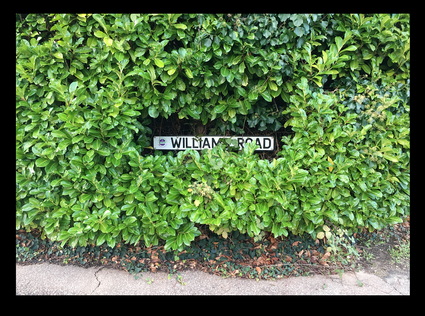
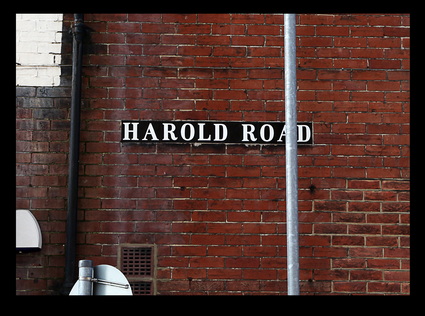
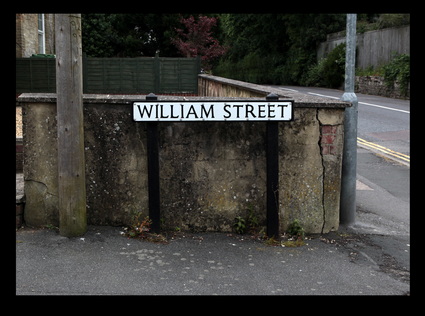
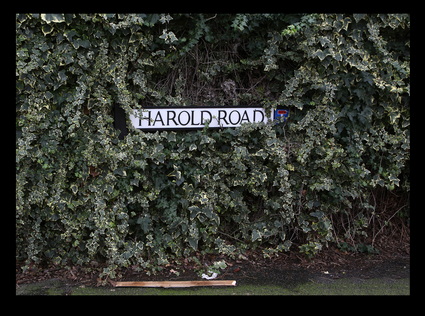
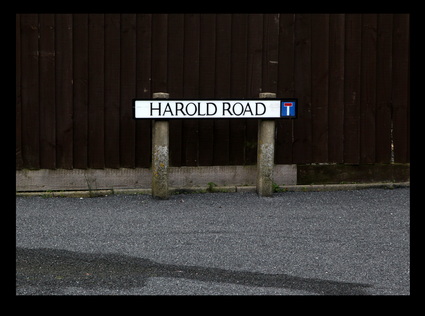
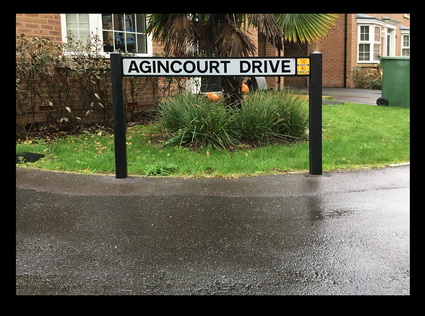
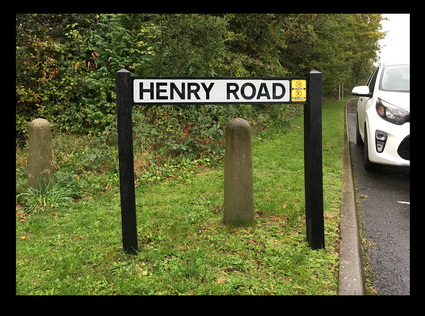
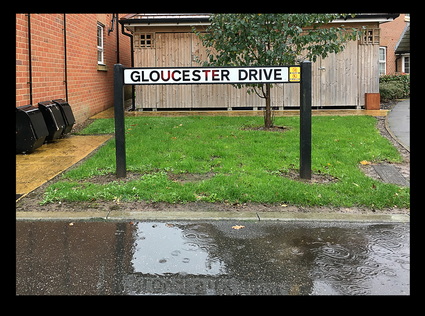
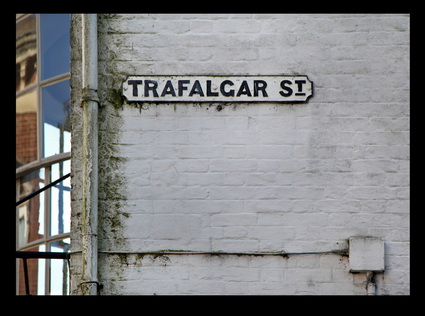
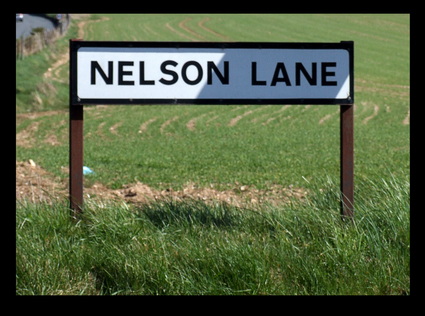
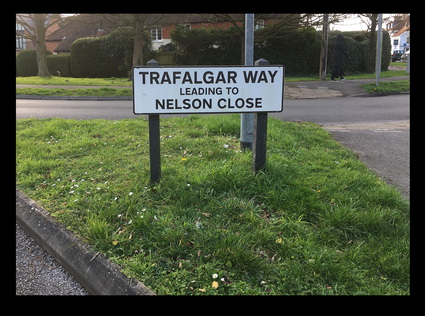
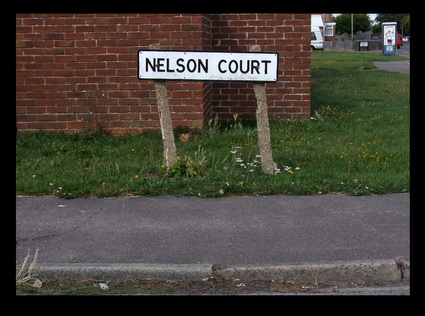
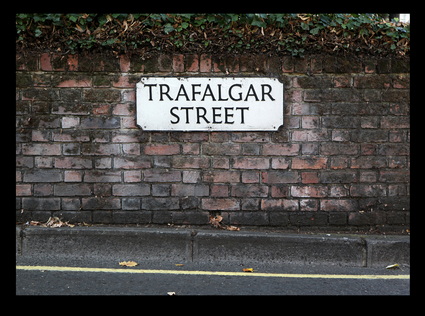
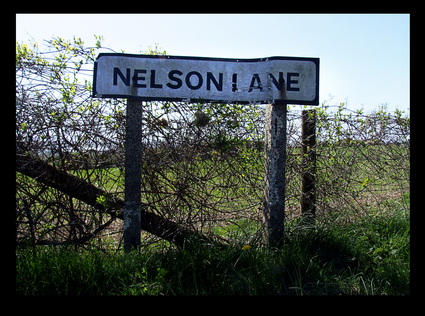
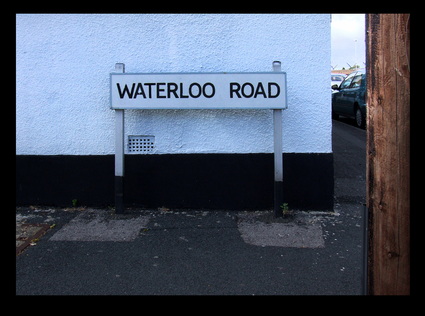
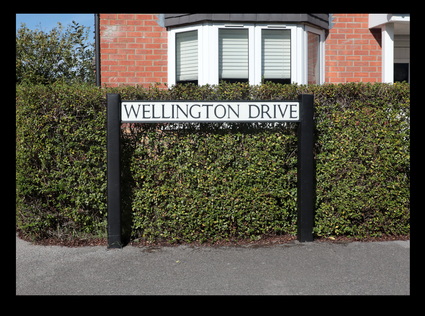
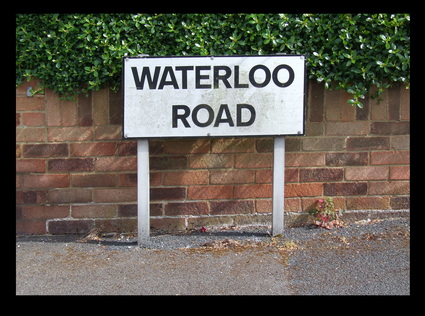
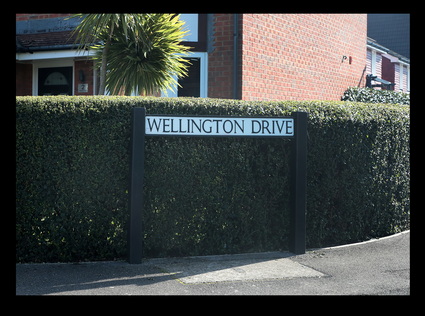
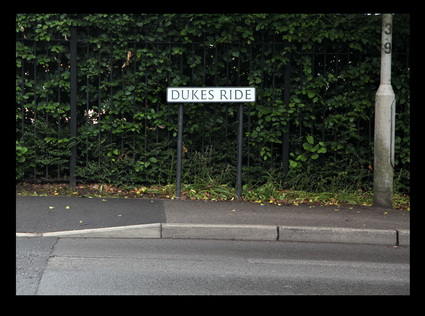

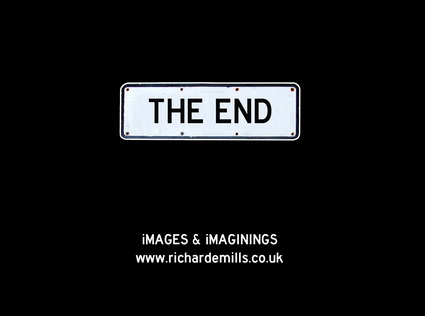
NOTES:
Partie une – Entente Cordiale: there are several ‘French Streets’ in the UK but so far I have only come across this one. Although at the start of this collection, the history of French Street is, in reality, hardly an example of entente cordiale. In 1690 the French fleet, after defeating a Dutch and English fleet in the channel, attacked the port town of Teignmouth and in a twelve hour spree of burning and plundering the French forces ransacked the town. Following the naval battle off Beachy Head the French fleet, under the command of Admiral Anne Hilarion de Tourville, had temporary control of the English Channel.
I have no idea if Queen Eleanor here is a reference to Eleanor of Castile, her of the 12 crosses fame (wife of Edward I) or Eleanor of Aquitaine (wife of King Louis of France and Henry II of England), but for the purposes of this collection I have opted for the second explanation. Napoleon (III) and his wife Eugenie (Empress) were exiled in England and are buried nearby these roads named in honour of them. The estate where these avenues appear is referred to as the Empress estate.
The Arthurian legend is of course claimed by both the French (or rather the Bretons) and the English (and the Welsh).
Partie deux – Le Conflit (not so cordial): Norman (Road) is in Portsmouth which, coincidentally is home to a Norman Re-enactment Society (Historia Normannis). Both Saxons and Normans (and Romans and Vikings) are clearly referenced in street names in various parts of the country. While King Harold Court in the ancient Saxon city of Winchester is an obvious reference to the said king, I cannot be so certain about the other Harolds and Williams here, but in the absence of any known contradictory evidence I am assuming that the Williams here reference the bastard Duke of Normandy rather than William of Orange, or for that matter any of the many other Williams in British history. Henry V, King of England, was famous for his victory against the French King’s superior forces at Agincourt, notable assisted by the Duke of Gloucester of course. English victories at Trafalgar and Waterloo (along with Nelson and Wellington) are inevitably reflected in many street names right across the country